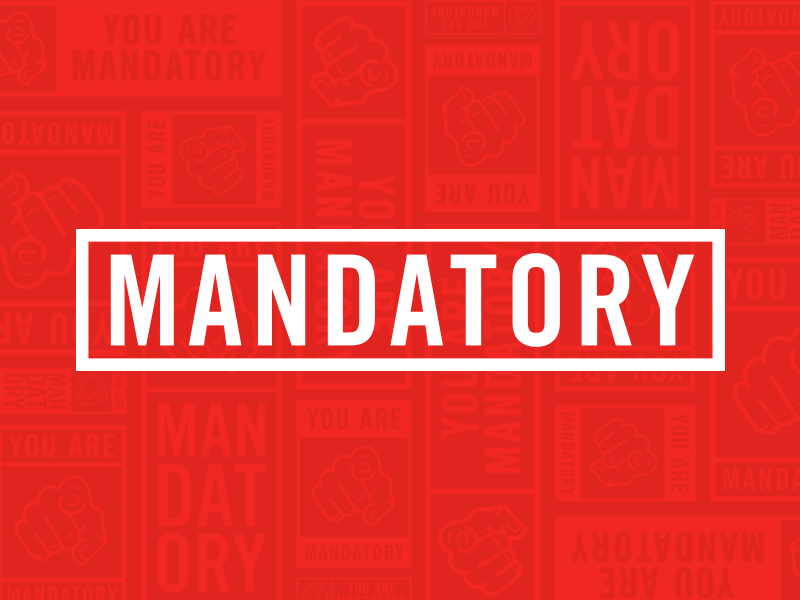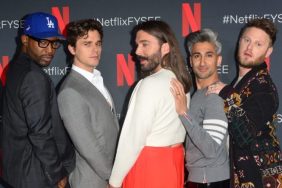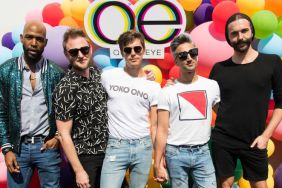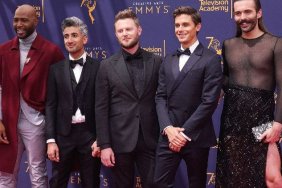
Ayanda & Nhlanhla Moremi’s wedding 9 November 2013, 2013. Photo by Zanele Muholi
We’re a third of the way through the scheduled run of the Brooklyn Museum’s Zanele Muholi: Isibonelo/Evidence exhibition, which opened May 1 and closes November 1, but with gay pride in full-throttle mode stateside, it’s worth shining a light again on an openly queer artist working in a part of the world where to be queer is to be largely without legal protection, deemed the embodiment of perversity. At least that is the popular Western perception of what it is to be queer in South Africa, where 42-year-old Zanele Muholi, celebrated photographer, visual artist, and openly gay LGBTI activist, lives and works.
Also: BOOKS | The Way We Wore: Black Style Then
In this short clip, Muholi confirms that such grimness is a part of what it means to be who she is, where she lives. She speaks corrective rapes of lesbians, and the murders that often accompany the sexual assault. Looking into the camera, she says:
“Hate crimes have become a binding factor for the LGBTI communities. We come together to give support, or to confirm that somebody has been killed. Then that person becomes a statistic. Another case number becomes part of our history. And what are we doing about it? Do we always go to funerals? And then after funerals, you go home and wait for another funeral, what?”
In the clip, which serves as an overview of Muholi’s art practice (it’s impetus and evolution; her goals for her work,) she answers the what, saying her work is both a multi-layered pushback against harsh realities, and a corrective to how they come to over determine the community’s realities to outsiders.

Martin Machapa; Photo by Zanele Muholi
“You have to document. You are forced to document. I’m using visuals as a way of creating awareness. Capturing the moments, those truths and realities the world will learn about our cultures. It’s my wish that you could find positive lesbians icons on Wikipedia as well, other than to always find brutal murders. You Google black lesbians in South Africa, you’ll see what you see there. There is nothing that focuses on same-sex love versus these hate crimes. When do we start talking about intimacy? I produce pictures that are intimate because I’m an intimate being.”
As a black queer/same-gender-loving woman, she creates images that counter one-note victimhood. She puts them out in the larger world not simply to make an argument to convince straight people of her worth (and that of her community,) but as a member of the community speaking to her people, reminding them of the beauty and possibilities of their own lives.

Zanele Muholi. Portrait
Watch here to see Muholi as part of a panel of gay/same-gender-loving African artists speaking at the PEN World Voices – Queer Futures on May 6 of this year. The guys on the panel, writers Binyavanga Wainaina and Kehinde Bademosi, often surprisingly drop the analytical ball throughout the conversation. Ms. Muholi absolutely kills it.
Ernest Hardy is a Sundance Fellow whose music and film criticism have appeared in the New YorkTimes, the Village Voice, Vibe, Rolling Stone, LA Times, and LA Weekly. His collection of criticism,Blood Beats Vol. 1: Demos, Remixes and Extended Versions (2006) was a recipient of the 2007 PEN / Beyond Margins Award.







